Wizz Air Holdings is considering expanding into India and Africa as pandemic-related travel restrictions continue in Europe, its chief executive József Váradi said during an online conference.
“We are no longer just a European airline,” he said during a World Aviation Festival online event on April 23.
Once passenger aviation markets open up again, the pan-European low-cost carrier may “possibly over time” expand to Africa, he elaborated, while Asia is also a “possible” target.
According to the ch-aviation capacities module, Wizz Air (W6, Budapest) already operates to the United Arab Emirates, with services to Dubai International from Bucharest Henri Coanda (3x weekly), Budapest, and Sofia (both 2x weekly), as well as to Tel Aviv Ben Gurion from Bucharest, Budapest, Larnaca, Sofia (all 2x weekly), Cluj-Napoca, Milan Malpensa, Varna, Vienna, and Vilnius (all 1x weekly).
Its Wizz Air Abu Dhabi (5W, Abu Dhabi International) subsidiary, meanwhile, received its Air Operator's Certificate on October 20 and has launched a network of scheduled flights out of Abu Dhabi International including to Alexandria Borg el Arab in Egypt (currently 2x weekly) along with Athens, Larnaca, Odesa, Tel Aviv, and Thessaloniki. In a first for the brand, it has also ventured into the charter niche after Spot Reisen Dubai secured a contract for the airline with Al Ain football club in the UAE to travel between Al Ain and Riyadh last month. Looking ahead, the 49/51 joint venture between ADQ (previously named the Abu Dhabi Developmental Holding Company) and Wizz Air Holdings will add Almaty International, Kutaisi, Astana Nursultan Nazarbayev, and Yerevan in the coming weeks.
The Abu Dhabi venture could open up several Asian destinations, including India, due to the heavy traffic flows between India and the UAE.
“We are looking at India as a destination market at this point in time. From a UAE perspective, India is a huge market with a huge passenger flow,” he said but cautioned: “If the question is whether we are looking at basing the airline in India, I wouldn’t say we have an imminent priority like that. We have no plans to enter India with an airline or to build an operating base, but we are looking at India as a destination.”
He summarised that “markets are becoming easily accessible, but this is a long-term process. We will see exactly how this is going to play out.”
Váradi added: “We have been growing our fleet. We have taken 20 new aircraft deliveries during a one-year period, and we are scheduled to take another 27 deliveries in the coming 12 months.”
Besides the six routes that Wizz Air Abu Dhabi currently operates and the four others to come, Wizz Air itself currently operates 366 routes as of the first week of May. Its Wizz Air UK (W9, London Luton) unit operates an additional 16 services.
Wizz Air currently operates 122 aircraft, namely sixty-five A320-200s, six A320-200Ns, thirty-four A321-200s, sixteen A321-200NXs, and a single A330-200F, and it has a further 247 aircraft on order (thirty-four A320-200Ns, 193 A321-200NXs, and twenty A321-200NY(XLR)s), the ch-aviation fleets module shows. Wizz Air UK has a fleet of thirteen of its own aircraft, namely three A320-200s, seven A321-200s, and three A321-200NXs, while the Abu Dhabi unit has four A321-200NXs.
“In two years, we will have the A321XLR, which is adding an additional one-and-a-half hours to the range,” Váradi said. “So, if you put that aircraft into Abu Dhabi and draw a radius with that range, you’re going to be capturing five billion people. I think it’s an amazing market opportunity.”
Váradi told Bloomberg last week that the carrier has no plans to ease deliveries from Airbus (AIB, Toulouse Blagnac), with 27 narrowbodies due in the next 12 months, but there is flexibility to return aircraft it already has to lessors or renegotiate terms as contracts expire. Wizz Air has EUR1.6 billion euros (USD1.9 billion) of liquidity, which should last it for almost three years at the current cash burn levels, the chief executive said, so there are no plans to raise further funds.

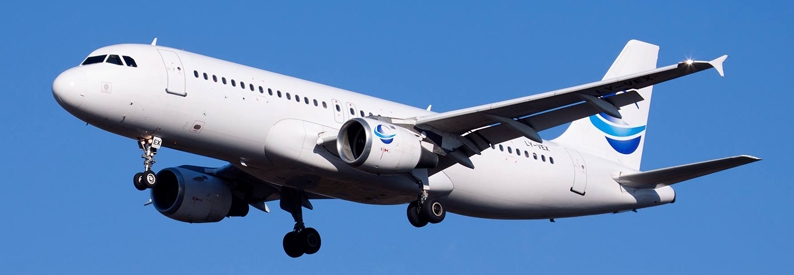
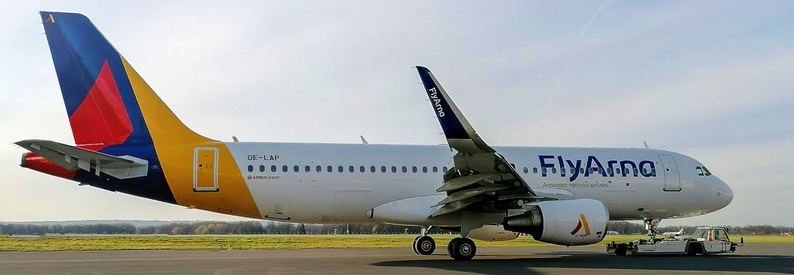
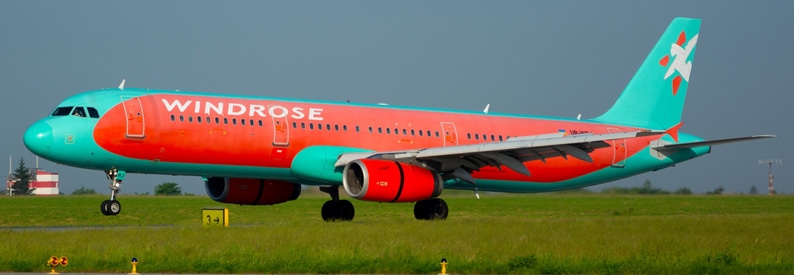
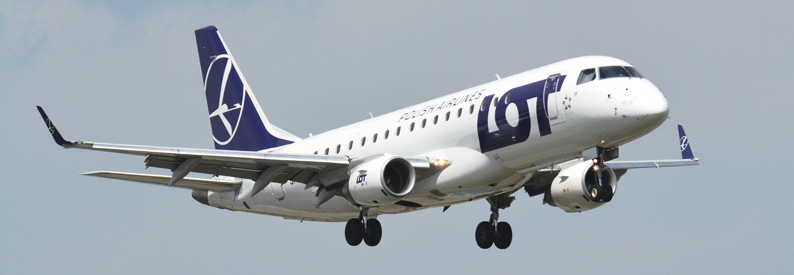
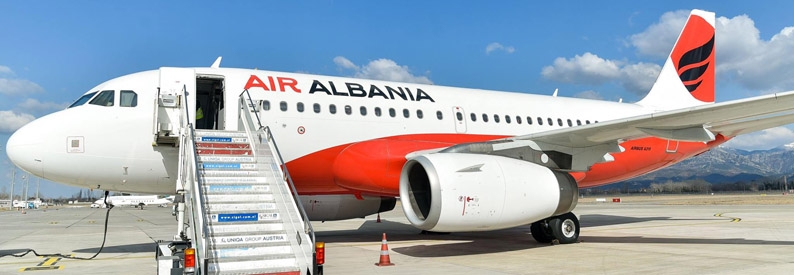
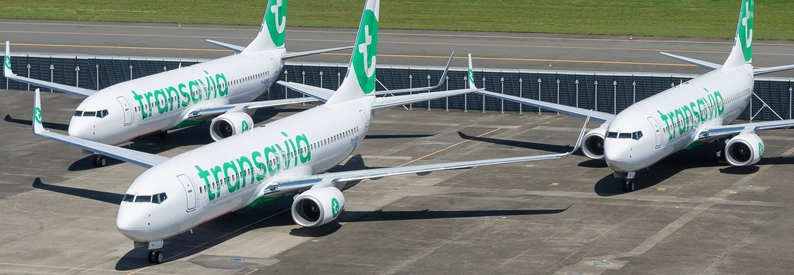
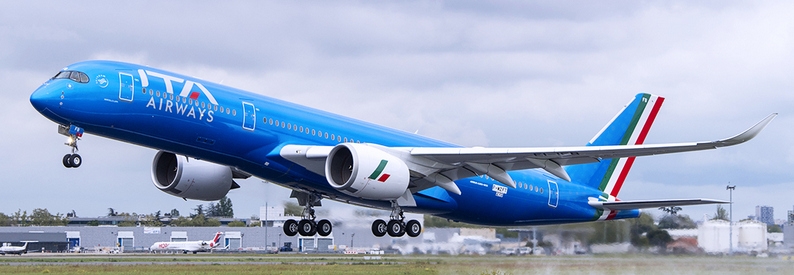
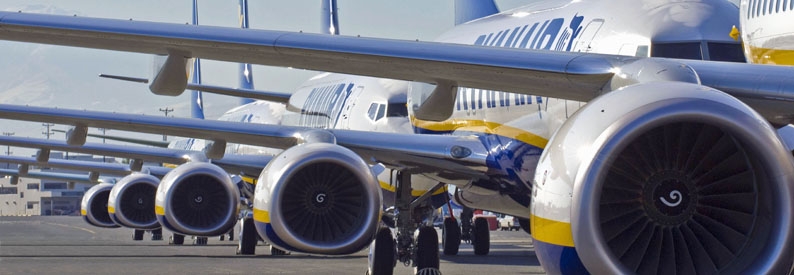
Editorial Comment: Corrected ownership percentages of Wizz Air Abu Dhabi to be 49% Wizz Air, 51% ADQ - 28Apr2021 - 07:29 UTC